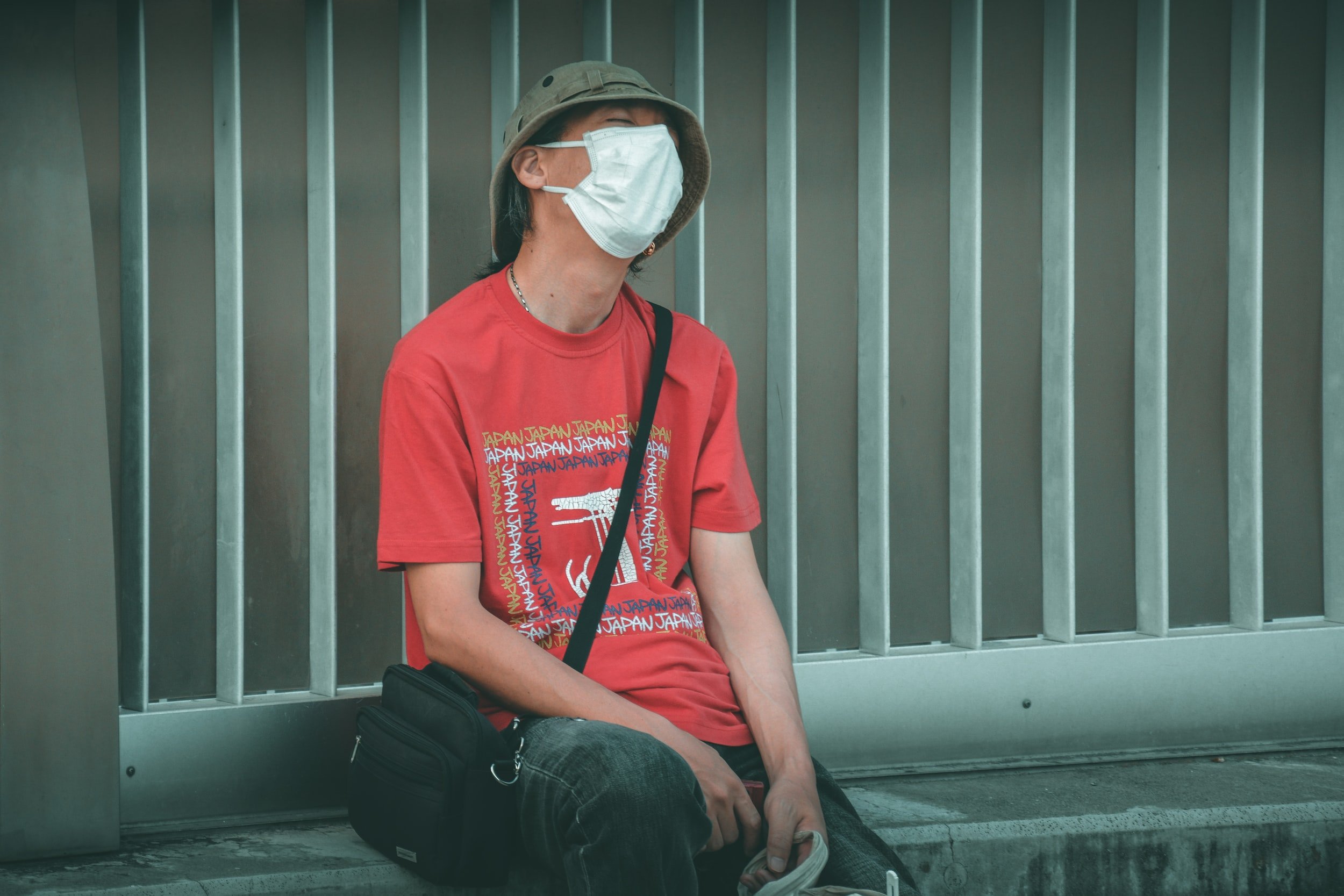Studying Difficult Topics with Netnography
These difficult times present challenges for researchers. Find five original posts by Robert Kozinets about using Netnography to study sensitive topics.
Studying LGBT+ Lived Experiences
For Pride Month 2023, learn respectful ways to study LGBTQ+ people and related issues.
Interviewing Participants about Sensitive Topics
Interviewing participants in difficult or emotional situations? Learn from Bethany Morgan Brett and Katy Wheeler.
Recruiting Hard-to-Reach or Vulnerable Participants
Protection of vulnerable populations, or those who are vulnerable in particular situations, needs to begin with the first stage of the process: recruitment of participants.
Respondent Driven Sampling
Respondent-driven sampling (RDS) is a method for drawing probability samples of "hidden," or alternatively, hard-to-reach, populations. Find a description and examples.
Psychological Safety for Researchers
Dr. Cindy Veldhuis discusses the need for attention to researcher safety for those who study LGBTQ+ issues.
Indigenous and Intercultural Research: Issues, Ethics, and Methods
Interested in Indigenous methods? Find the webinar recording and related resources in this post.
We are proud to be researchers with disabilities
The focus of this post is the co-researchers’ journey of working together as a co-operative inquiry research team. They highlight ways in which research can be inclusive and accessible to co-inquirers with intellectual disabilities who are new to research
Tempered Radicalism as Embodied Research Intervention: Reflections from within a Maligned and Necessary Identity
Andre Samuels reflects on his experiences as a Black doctoral student and researcher at the University of Pennsylvania.
Studying Risky Behaviors or Settings
Risky or illegal behaviors can be challenging to study - and concerning for researcher safety. See this collection of open access articles for examples.
One Demographic, Many Realities: Youth Leaders Call-in to Researchers
Researchers studying the experiences of youth can benefit from their perspectives. This post from high school students includes their tips for researchers.
Self-Care and Well-being for Researchers Studying Sensitive Issues
Self-care is essential when studying painful, sad, difficult experiences or situations. Find strategies and tips in this video from Dr. Helen Kara and collection of open-access articles.
Sensitive Research and the COVID 19 Pandemic
The Covid-19 pandemic has created yet more sensitive research concerns. Read this post from Lahman and Brown for suggestions.
Understanding Cultural Issues in Research Design: A Webinar Panel
Watch the recorded “Understanding cultural issues in research design” webinar and find relevant resources.
Research Across Cultures: Interview with Safary Wa-Mbaleka
Dr. Safary Wa-Mbaleka discusses what he has learned from conducting research and teaching methods in the US, Asia, and Africa.
Online Interviews about Sensitive Topics
How can you interview participants online about sensitive topics? Tips from Janet Salmons, author of Doing Qualitative Research Online.
Studying Sensitive Problems Online
Studying sensitive problems is difficult. What happens when you conduct the research online? See this collection of open access research examples.
Compassion Fatigue: The Potential Impact of Sensitive Research on the Researcher
Self-care is essential when collecting data about sensitive issues. See this post from Dr. Maria Lahman for strategies.
Years After Graduating, I Still Rely on Skills Gained from Interdisciplinary Research
Dr. Diringer discusses fieldwork with partners in the Amazon.
COVID-19 as Chrysalis: Research Representation Considerations from the College Class of 2025
Thinking about studying college students, or partnering with student co-researchers. you will find this post by Ari Burstein.




















